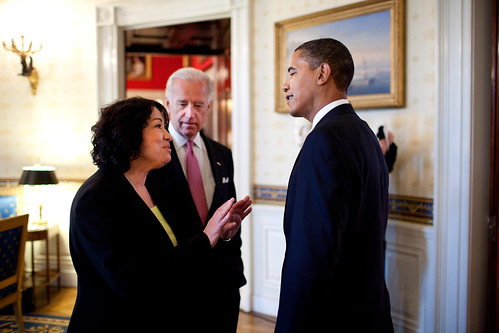
Matthew Yglesias nails the problem the GOP and the Right has with its misguided proclamations of "reverse racism":
You never hear Rush Limbaugh decrying everyday racism against non-whites in the United States. You never hear him recounting an anecdote about an African-American man having trouble hailing a cab or being followed by a shopkeeper. He doesn’t do stories about how people with stereotypically “black” names suffer job discrimination. He doesn’t bemoan the fact that the United States has an aircraft carrier named after a fanatical segregationist. Which is fine. Everyone’s interested in some things and not in others. Rush isn’t interested in racism. Except that like most conservatives, he’s actually very interested in allegations of racial discrimination against white people. He sees the defense of white interests as integral to his political mission. And he hates identity politics.
Indeed, it'd be highly beneficial to the Right if there was any consistency in their racism claims, but I'm hard pressed to find a recent or even moderately dated example of them jumping to the aid of non-white claims of racism. Incredibly telling and unfortunate.
